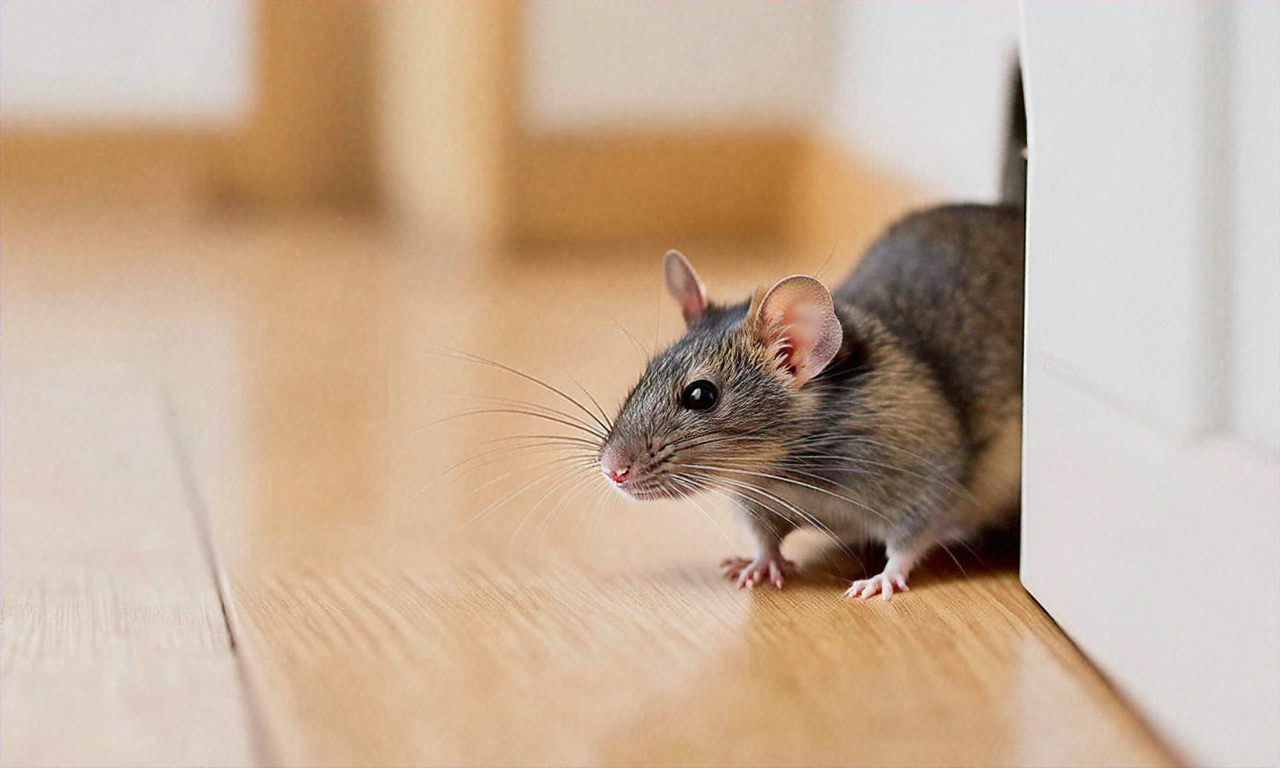The Battle Against Unwanted Guests: A Comprehensive Guide to Pest Control
Pest control is an essential aspect of maintaining a healthy and comfortable home environment. From tiny ants to pesky rodents, unwanted critters can wreak havoc on our living spaces, causing damage to property and potentially posing health risks. This article delves into the world of pest control, exploring effective strategies, common culprits, and the importance of professional intervention when necessary.

-
Cockroaches: Notorious for their resilience, cockroaches can spread bacteria and trigger allergies.
-
Rodents: Mice and rats can cause extensive damage to property and carry diseases.
-
Termites: Silent destroyers that can compromise the structural integrity of homes.
-
Bed bugs: These blood-sucking insects can infest bedding and furniture, causing discomfort and stress.
Understanding the types of pests that commonly invade homes is crucial for implementing effective control measures and maintaining a pest-free environment.
Why is professional pest control important for residential properties?
While DIY pest control methods can be effective for minor infestations, professional pest control services offer numerous benefits for residential properties:
-
Expertise: Trained technicians can accurately identify pest species and determine the most effective treatment methods.
-
Customized solutions: Professionals assess the unique characteristics of each property to develop tailored pest control strategies.
-
Advanced equipment and products: Pest control companies have access to commercial-grade equipment and products that are often more effective than consumer-grade alternatives.
-
Preventive measures: In addition to addressing current infestations, professionals can implement preventive measures to reduce the likelihood of future pest problems.
-
Time and cost-efficiency: Professional services can save homeowners time and money in the long run by effectively addressing pest issues before they escalate.
Enlisting the help of professional pest control services can provide peace of mind and ensure a thorough approach to managing household pests.
What are effective DIY pest control methods for home use?
For minor pest issues or as a complement to professional services, homeowners can implement various DIY pest control methods:
-
Sealing entry points: Inspect and seal cracks, gaps, and openings around windows, doors, and foundations to prevent pests from entering.
-
Proper food storage: Store food in airtight containers and clean up spills promptly to eliminate potential food sources for pests.
-
Maintaining cleanliness: Regular cleaning, including vacuuming and decluttering, can discourage pest infestations.
-
Natural repellents: Use natural repellents like peppermint oil, vinegar, or citrus peels to deter certain pests.
-
Traps and baits: Strategically place traps or baits for specific pests, such as rodents or ants.
While these DIY methods can be effective for minor pest issues, it’s important to recognize when professional intervention is necessary, especially for persistent or large-scale infestations.
How can homeowners prevent insect infestations?
Preventing insect infestations is often easier and more cost-effective than dealing with established pest problems. Here are some proactive measures homeowners can take:
-
Maintain proper landscaping: Trim trees and shrubs away from the house to reduce potential entry points for pests.
-
Eliminate standing water: Remove sources of standing water around the property, as they can attract mosquitoes and other insects.
-
Use screens: Install and maintain screens on windows and doors to keep flying insects out.
-
Proper waste management: Ensure garbage cans have tight-fitting lids and are regularly emptied to avoid attracting pests.
-
Inspect incoming items: Check boxes, furniture, and other items for signs of pests before bringing them into your home.
By implementing these preventive measures, homeowners can significantly reduce the likelihood of insect infestations and create a less hospitable environment for pests.
What are the benefits of regular pest control services?
Regular pest control services offer numerous advantages for homeowners:
-
Early detection: Routine inspections can identify pest problems before they become severe infestations.
-
Consistent protection: Regular treatments maintain a protective barrier against pests throughout the year.
-
Seasonal adaptations: Professional services can adjust treatments based on seasonal pest patterns and changing environmental conditions.
-
Health benefits: Reducing pest populations minimizes the spread of diseases and allergens associated with certain pests.
-
Property protection: Regular pest control helps prevent damage to structures, furniture, and personal belongings caused by pests like termites or rodents.
Investing in regular pest control services can provide long-term benefits, ensuring a healthier, more comfortable living environment for homeowners and their families.
| Service Type | Provider | Cost Estimation |
|---|---|---|
| One-time treatment | Local pest control company | $150 - $300 |
| Monthly service plan | National pest control chain | $40 - $70 per month |
| Quarterly service plan | Regional pest control service | $100 - $150 per quarter |
| Annual contract | Eco-friendly pest control specialist | $400 - $600 per year |
Prices, rates, or cost estimates mentioned in this article are based on the latest available information but may change over time. Independent research is advised before making financial decisions.
Effective pest control is a crucial aspect of home maintenance that ensures a safe, healthy, and comfortable living environment. By understanding common household pests, implementing preventive measures, and knowing when to seek professional help, homeowners can successfully manage pest issues and protect their properties. Whether opting for DIY methods or professional services, a proactive approach to pest control is key to maintaining a pest-free home.






